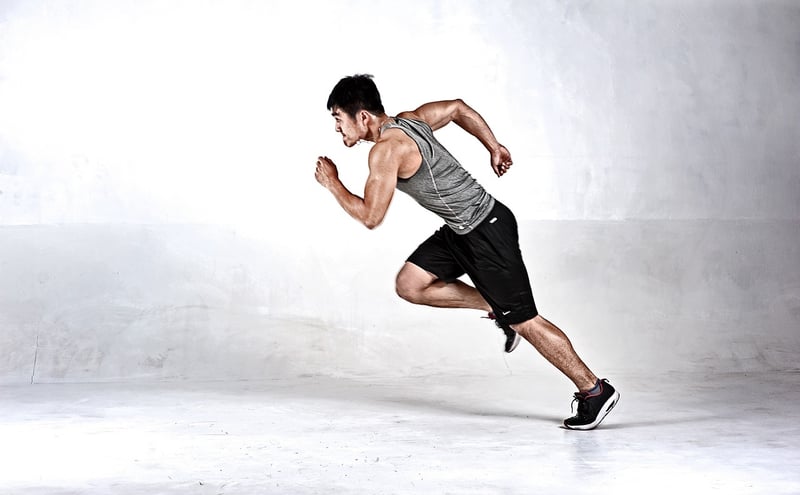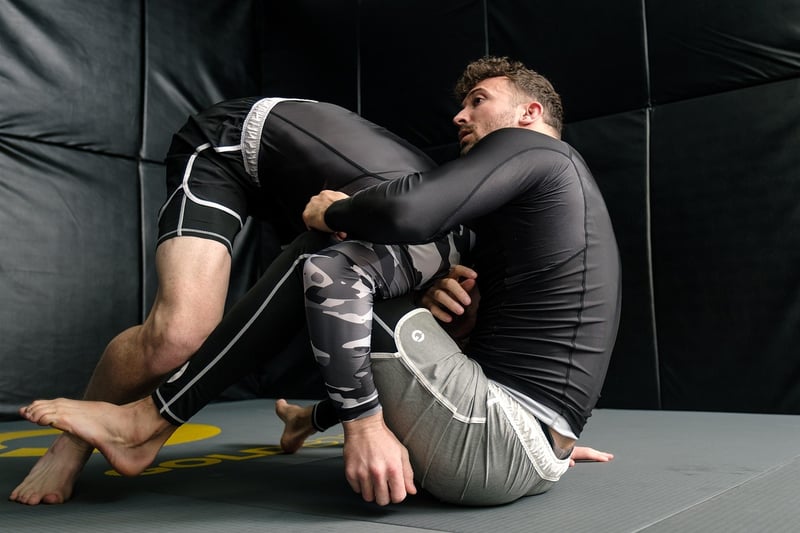Jiu-Jitsu
Self-Defense and Discipline through Movement + Jiu-Jitsu

The Art of Jiu-Jitsu
Jiu-Jitsu, originating from Japan and later popularized in Brazil, is a martial art that focuses on ground fighting and submission holds. It emphasizes leverage and technique over brute strength, making it an ideal self-defense system for individuals of all ages and sizes.
Benefits of Practicing Jiu-Jitsu
- Self-Defense Skills: Jiu-Jitsu equips practitioners with the ability to defend themselves in real-life situations, teaching them how to neutralize threats and control opponents without causing harm.
- Physical Fitness: Training in Jiu-Jitsu improves cardiovascular health, strength, flexibility, and overall fitness levels through dynamic movement and grappling exercises.
- Mental Discipline: The practice of Jiu-Jitsu fosters mental toughness, resilience, focus, and problem-solving skills, helping individuals develop a strong mind-body connection.
- Confidence and Empowerment: As practitioners progress in their Jiu-Jitsu journey and overcome challenges, they gain confidence, self-esteem, and a sense of empowerment that transcends into other areas of their lives.
Why Movement Matters
Integrating movement into self-defense training is crucial for developing agility, coordination, and adaptability in combat scenarios. Movement drills enhance muscle memory, reflexes, and spatial awareness, allowing practitioners to respond effectively under pressure.
Joining a Jiu-Jitsu School
Whether you are a beginner or an experienced martial artist, finding a reputable Jiu-Jitsu school with qualified instructors is essential. Look for a welcoming environment that prioritizes safety, respect, and continuous learning to maximize your growth and development in the art.
Embark on your journey to self-defense mastery and holistic well-being through the transformative practice of Jiu-Jitsu combined with the power of movement.

Image sources: Pixabay.com
